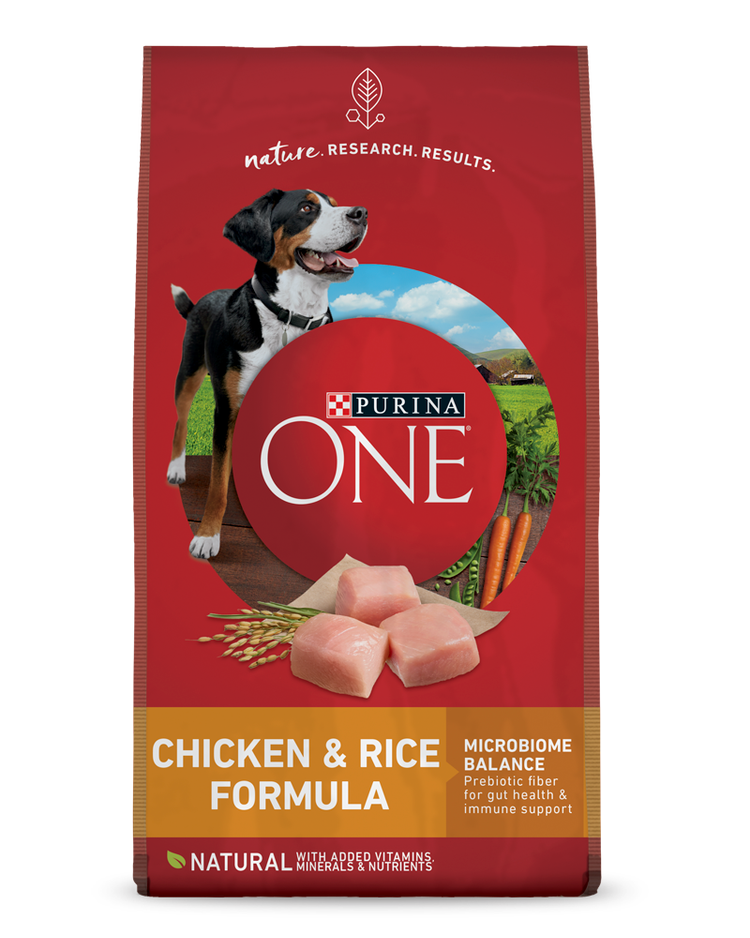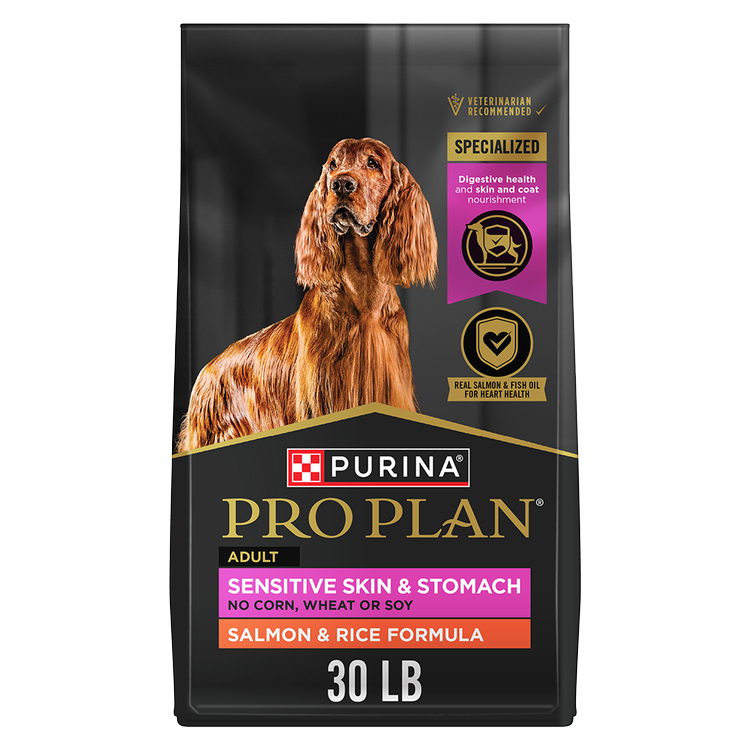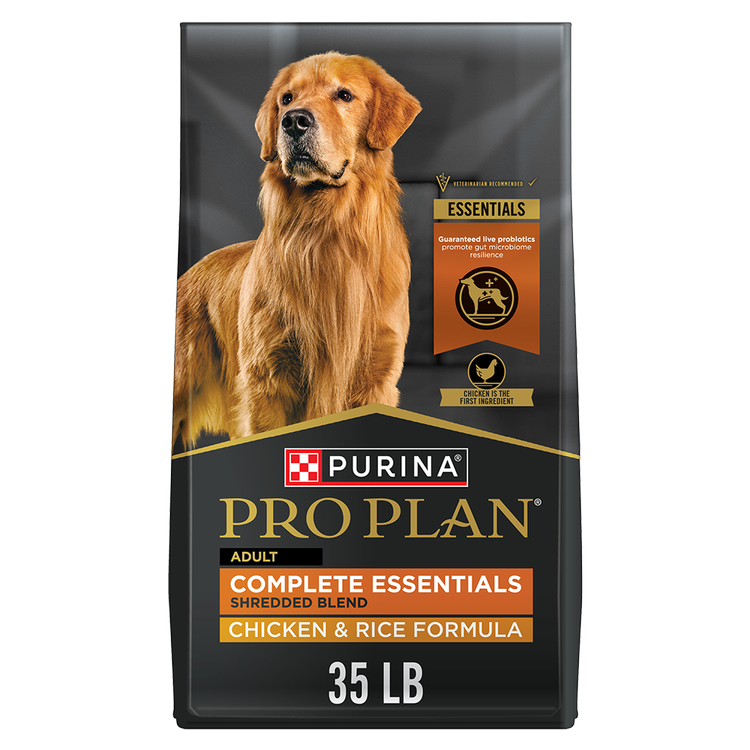Dog Constipation – Symptoms, Causes & Treatments


Changes in diet, dehydration and stress can all cause constipation in dogs. Learn the drivers and symptoms of your dog’s constipation, and how to remedy their discomfort.
When you dreamed of owning a canine, treating dog constipation probably wasn’t part of your pet parent fantasy.
Unfortunately, for many canines, it’s a common experience. Behavior, diet, health conditions and breed can all play a role in creating an uncomfortable slowing of the digestive process.
As this “slow down” doesn’t usually resolve on its own, it needs some interventions; the good news is there are many options to help get your dog’s gastrointestinal (GI) tract moving normally again.
Here’s what you need to know about the causes, symptoms and remedies for dog constipation.
Which Dogs Are Prone to Constipation?
While any breed can experience constipation, it tends to affect German Shepherds more than others. They are known to develop perianal fistulas, a crevice or tract that forms from an abscess near their anus, which can cause constipation and straining, among other symptoms.
Long-haired breeds are also more prone. Their hair can become tightly matted and cover their anus – another reason why regular grooming is important.
Senior dogs are also more prone to constipation due to higher rates of arthritis and less activity, among other reasons.
Symptoms of Dog Constipation
If you and your dog keep a regular walk schedule or you have daily poop-scooping duties, you’ll likely know if they have constipation.
Don’t worry, you won’t have to closely inspect the evidence. Look for clear signs such as:
- Hard, small stools
- Straining to go
- Wincing while trying to defecate
- Decreased appetite
- Hard or tense abdomen
- Two days without defecation
Causes
From eating habits to underlying sicknesses, a variety of factors can cause dog constipation. They include:
- Dehydration
- Too little or too much fiber in their diet
- Ingestion of foreign items (toy, rocks, hair or grass)
- Lack of activity, play or exercise
- Blockages of the colon or rectum, sometimes caused by illness or cancer
- Side effects of some medications
- Medical conditions like arthritis and obesity or an enlarged prostate (in intact males)
Complex and Chronic Cases
Sometimes constipation is an isolated case with an easy solution. Other times it indicates a more serious health problem.
Colonic inertia/stasis, often referred to as megacolon, and obstipation are pathologic conditions that cause ongoing blockages in your dog. These require veterinary intervention and can be chronic conditions that need regular treatment.
An endocrine condition such as hypothyroidism may also be to blame.
What to Give a Constipated Dog
If your pet is struggling to go number two, here are a few dog constipation remedies you can try. Keep in mind that if the problem doesn’t resolve itself in a couple days, you should contact your veterinarian.
- Make sure they’re hydrated: Hydration can help regulate your dog’s body. Ensure they have easy access to their water dish. You can also try incorporating wet dog food into their diet, as it’s high in water content.
- Give them plenty of exercise: Sedentary dogs in particular may benefit from more consistent exercise (physical movement can stimulate movement within the body). In addition to regular walks, fun games might entice them to get more active.
- Stay consistent with mealtimes: A sporadic eating schedule may result in an inconsistent pooping schedule.
Review Your Dog’s Pet Food Ingredients
While there is no recommended daily amount of fiber for a dog’s diet, it can help keep them regular in moderation, as too much fiber can create a blockage.
Amounts tend to vary across dog food brands, and fiber information isn’t always easy to figure out on a label. Ingredients such as canned pumpkin contain additional levels of fiber.
Ask your veterinarian if your dog’s food could be a factor in their constipation.
Think Twice About Home Remedies
At home, you can address hydration, diet and exercise as possible solutions to dog constipation. Be wary of other home remedies, though. The following may be rooted in misinformation or need the assistance of a professional.
- Enemas: Giving your dog an enema at home is dangerous. Without professional training, you risk injury and internal damage to your dog’s GI tract.
- Laxatives: Dogs’ bodies aren’t meant to process laxatives made for humans; avoid them.
- Mineral oil: While mineral oil has been used to treat constipation in humans, it can potentially cause pneumonia in dogs if they vomit and inhale it.
If you’re considering a home remedy, contact your veterinarian before you try it.
A Veterinarian’s Dog Constipation Remedies
It’s usually a good idea to visit your veterinarian if your dog has constipation. They have several ways of evaluating your pet and determining if the condition is part of a larger health issue.
Typically, they’ll start with a thorough physical examination. If they need more information, they might take an abdominal radiograph (or x-ray) of your dog or perform an ultrasound.
When treating dog constipation, your veterinarian might prescribe a therapeutic diet, give your canine an enema, rectal suppository, or prescribe a stool softener that is specific for pets.
Get more tips about your dog’s health from our pet experts, or visit our Pet Expertise page.
Related articles

Reward Yourself with myPurina
Earn and redeem rewards for Purina products with the myPurina app.






